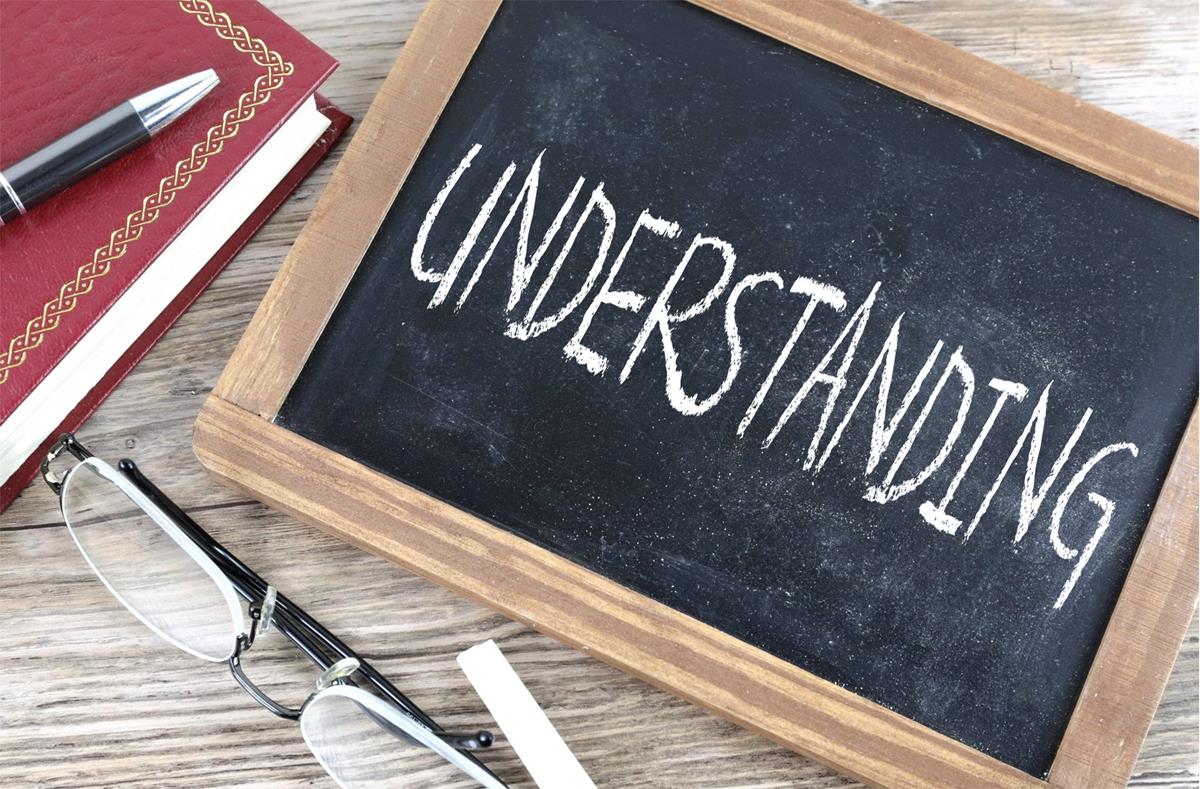Many people dream of receiving an inheritance from a loved one, imagining all the ways it could make their lives easier. However, what some beneficiaries may not consider is the tax implications of these windfalls. When it comes to trust distributions, the question of tax liability often arises. So, do beneficiaries actually have to pay taxes on trust distributions? Let’s dive into the complexities of this issue to find out.
Understanding the tax implications of trust distributions
When it comes to trust distributions, many beneficiaries wonder about the tax implications. The good news is that beneficiaries typically do not have to pay taxes on the trust distributions they receive. Instead, the trust itself is responsible for paying any taxes owed on the income it generates. This can be a relief for beneficiaries who may be worried about additional tax burdens.
However, there are some scenarios where beneficiaries may be required to pay taxes on trust distributions. For example, if the trust is generating income that is considered taxable, beneficiaries may need to report this income on their own tax returns. Additionally, if the trust distributes capital gains to beneficiaries, they may be responsible for paying taxes on those gains. It’s important for beneficiaries to consult with a tax professional to fully understand their tax obligations related to trust distributions.
Key factors that determine tax obligations for beneficiaries
When it comes to determining tax obligations for beneficiaries, there are several key factors to consider. One important factor is the type of income received from the trust. Different types of income are taxed at different rates, so understanding the nature of the distributions is crucial. Additionally, the relationship between the beneficiary and the grantor of the trust can also impact tax obligations. For example, distributions from a revocable trust may be treated differently than those from an irrevocable trust.
Another factor to consider is whether the trust is classified as a simple or complex trust. Complex trusts are subject to different tax rules than simple trusts, so it’s essential to know which category the trust falls into. Additionally, the amount of the distribution and how it is reported on tax forms can also affect the beneficiary’s tax obligations. To ensure compliance with tax laws and optimize tax efficiency, beneficiaries should consult with a tax professional to navigate these complexities.
Strategies for minimizing tax liability on trust distributions
When it comes to **minimizing tax liability on trust distributions** for beneficiaries, there are several strategies that can be employed. One effective approach is to consider making distributions from the trust in a tax-efficient manner. By carefully planning the timing and amount of distributions, beneficiaries may be able to minimize their overall tax burden.
Another strategy to reduce tax liability on trust distributions is to take advantage of any available tax deductions or credits. For example, beneficiaries may be able to offset trust income with expenses related to the administration of the trust. Additionally, certain distributions, such as those used for education or medical expenses, may qualify for tax breaks that can help reduce the amount of taxes owed on the distributions.
Consulting a tax professional for personalized advice
When it comes to trust distributions, one common question that arises is whether beneficiaries are required to pay taxes on them. The answer to this question is not so straightforward and can vary depending on various factors. It is crucial to consult a tax professional for personalized advice to ensure you are following the correct tax laws and regulations.
Here are a few important points to consider when determining whether beneficiaries pay taxes on trust distributions:
- Type of trust: Different types of trusts have different tax implications. Consult with a tax professional to understand how the type of trust you are dealing with impacts tax obligations.
- Amount of distribution: The amount of the distribution received by the beneficiary can affect whether taxes are owed. A tax advisor can help calculate any tax liabilities based on the amount of income received.
- Timing of distributions: The timing of trust distributions can also impact tax obligations. Working with a tax professional can help beneficiaries strategize the timing of distributions to minimize tax liabilities.
In conclusion, the tax implications of trust distributions can vary depending on the specific circumstances of the trust and the beneficiaries involved. It is important for beneficiaries to consult with a tax professional to understand their individual tax obligations and to ensure compliance with the applicable tax laws. By staying informed and seeking professional guidance, beneficiaries can navigate the complexities of trust distributions with confidence and ease. If you have any further questions or concerns regarding taxes on trust distributions, feel free to reach out to a qualified tax advisor for personalized assistance. Remember, knowledge is power when it comes to managing your financial responsibilities. Thank you for reading!



